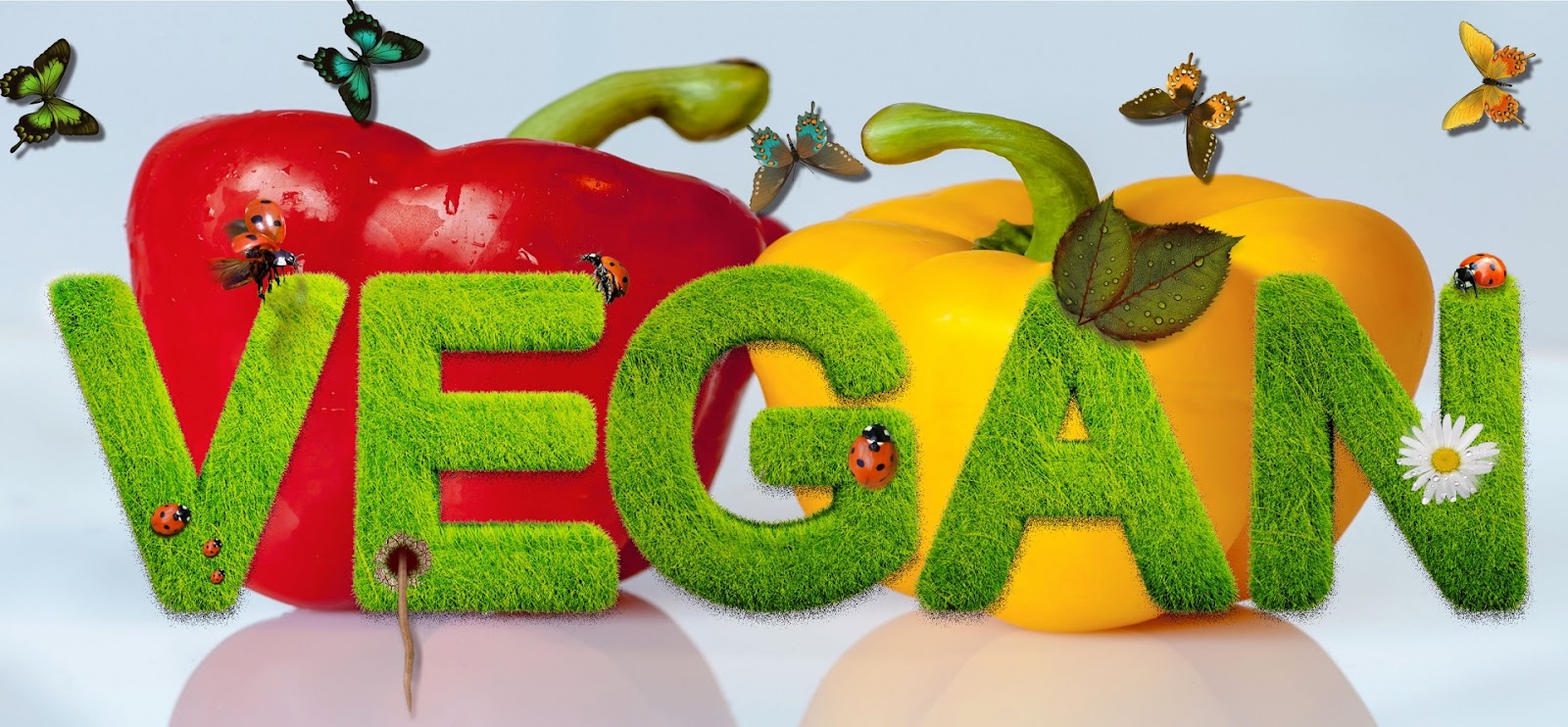Nowadays people can consume anything without knowing its benefits or drawbacks in their mental health. Many people are not aware that the foods we consume not only remove our hunger but also have a deep connection with and they directly or indirectly affect our mental health. It's complex to understand but I should try my best with the help of this article.
Mental Health and Diet:
Whatever you consume impacts your gut microbes and it sends a signal to your brain. If it's healthy then it sends healthy or positive signals but when it's unhealthy it causes anxiety and depression.
Your gut microbiome, the diverse community of microbes, plays a crucial role in manufacturing neurotransmitters like serotonin, GABA, and dopamine – crucial players in regulating mood, stress, and anxiety. When your gut is happy, with a balanced microbiome flourishing on a diet rich in fiber and prebiotics, these neurotransmitters flow freely, keeping your mental engine purring. But when unhealthy bugs take over, due to processed foods or stress, the production of these feel-good chemicals gets disrupted, leading to potential anxiety, depression, and cognitive decline.
Sugary and processed foods can cause blood sugar spikes and crashes, leading to mood swings and difficulty focusing. Choosing whole grains, fruits, and vegetables provides sustained energy and better brain function.
Saturated fat which is found in high amounts in red meat and processed foods. It can contribute to inflammation, which can have negative impacts on your mental health. Meat and dairy contain hormones that may disrupt your body's natural hormonal balance, potentially contributing to mood swings and anxiety.
Plant-Powered Brain Boosters:
Now you are thinking about what is the best and healthy diet for the brain. Before that you should know our brain requires mainly two types of nutrition, B vitamins and Omega-3 which play a vital role in the proper functioning of our brain and help to cure our mental health problems like anxiety and depression.
Certain nutrients in plant-based foods act like potent mental health fertilizers:
- B Vitamins: Found in leafy greens, legumes, and nuts, these superstars are essential for cognitive function, mood regulation, and memory. Deficiencies can contribute to anxiety, fatigue, and even depression.
- Omega-3 Fatty Acids: These brain-nourishing fats, abundant in flaxseeds, chia seeds, and walnuts, play a crucial role in reducing inflammation, enhancing memory, and combatting depression and anxiety.
When I was in college I was also not aware of it. My focus was on my studies so I used to eat anything available in restaurants at that time. But later after I felt anxious and swung my mood then I researched it. Then I realized that it was all about my college day's punishment which I ignored. Later on, I became aware of my diet and started consuming plant-based food which was enriched with vitamins and nutrition and followed regular meditations and finally got cured and also acquired a positive attitude with strong mental health.
Conclusion:
I try to navigate the gut-brain connection, witnessing how the food we choose shapes our mental landscape. Now, the question whispers: Can a vegan diet be the key to unlocking a flourishing inner garden?
The answer, resounding and bright, is "Yes absolutely" By embracing a plant-based approach, you empower your gut microbiome with fiber-rich feasts, welcoming a thriving community of microbes that manufacture joy-inducing neurotransmitters. With B vitamins from leafy greens and legumes fueling your cognitive engine, and omega-3s from flax and walnuts lubricating the gears of your memory, your mind can operate at its peak.
Remember, while food plays a crucial role, it's just one seed you plant in the garden of your well-being. Prioritize sleep, embrace movement, nurture meaningful connections, and seek professional help if needed. Your mental health deserves a holistic approach, and your journey is unique.
So, take a bold step! Try a plant-based recipe, share your experiences with friends and family, and explore the vast resources available. Remember, every bite towards a plant-powered plate is a step towards blooming into your happiest, healthiest self. Don't hesitate to nurture your mind from the inside out – because, after all, you are the gardener of your own beautiful, vibrant mental oasis.
Let the transformation begin!
Related Article
Related FAQs :
- I'm not sure I can give up cheese! Can I still benefit from a plant-based diet for my mental health?
- Absolutely! You can gradually incorporate more plant-based meals into your routine and focus on including mood-boosting foods like nuts, seeds, and leafy greens. Even small changes can positively impact your gut and brain health.
- Do I need to take supplements on a vegan diet to keep my mental health in check?
- While a well-planned vegan diet provides the most essential nutrients, discussing vitamin B12 and omega-3 levels with your doctor is recommended. They might suggest supplements based on your individual needs.
- I hear veganism can make you anxious. Is that true?
- Stress and anxiety can arise from various factors, and diet alone might not be the sole culprit. Focus on creating a balanced lifestyle with stress management techniques and ensure you're getting enough sleep and exercise. Consult a doctor if concerns persist.
- Where can I find delicious and easy plant-based recipes to boost my mood?
- There are countless online resources, cookbooks, and apps dedicated to vegan meals! Look for recipes featuring mood-enhancing ingredients like berries, dark chocolate, or turmeric. Remember, plant-based cooking can be exciting and flavorful!
- I'm worried about social pressure when trying a vegan diet. Any tips?
- Be confident in your choice and educate your friends and family about the benefits for both your well-being and the planet. You can find supportive online communities and share your experiences with like-minded individuals. Remember, prioritizing your mental and physical health is always worth it!





